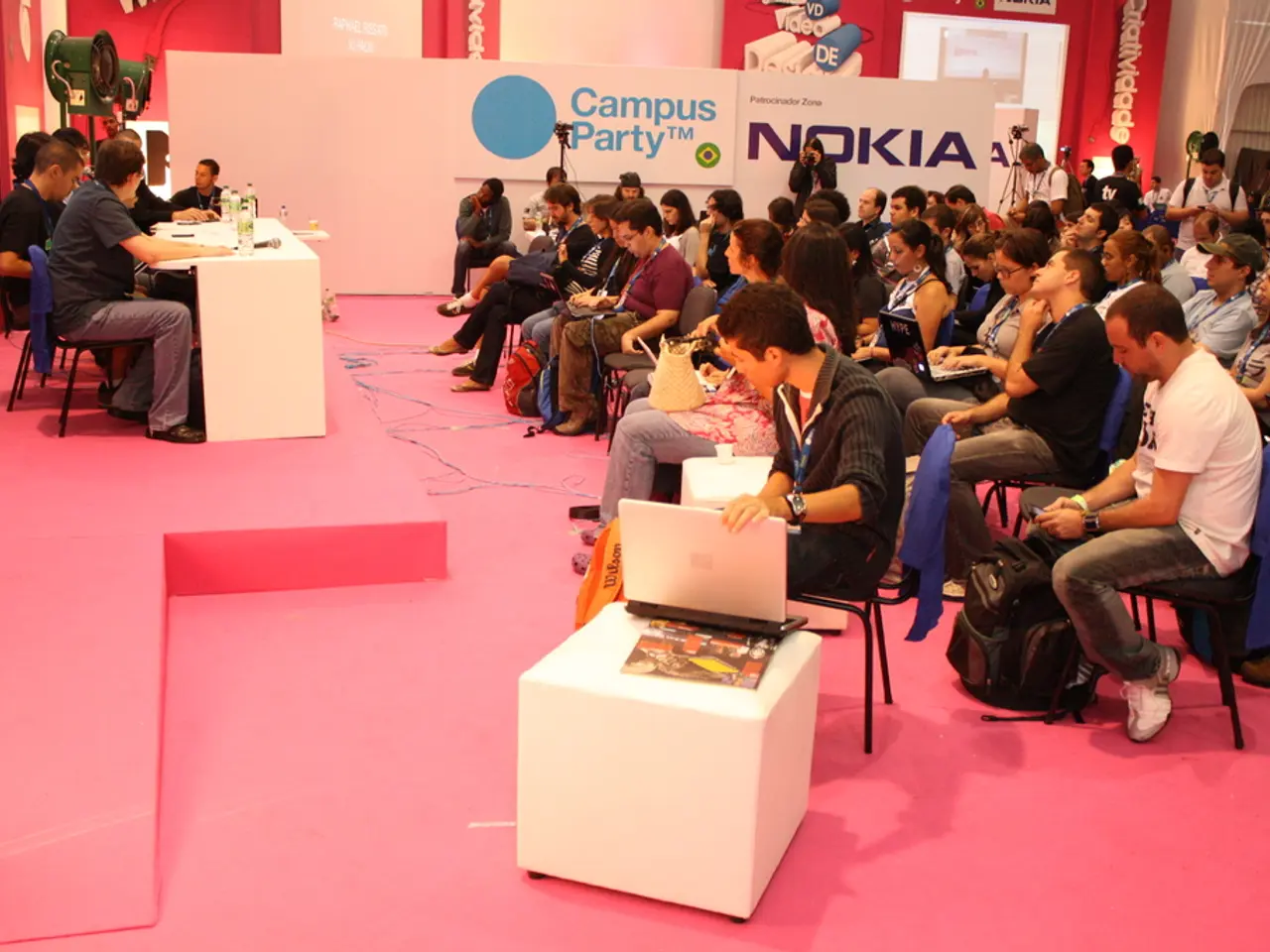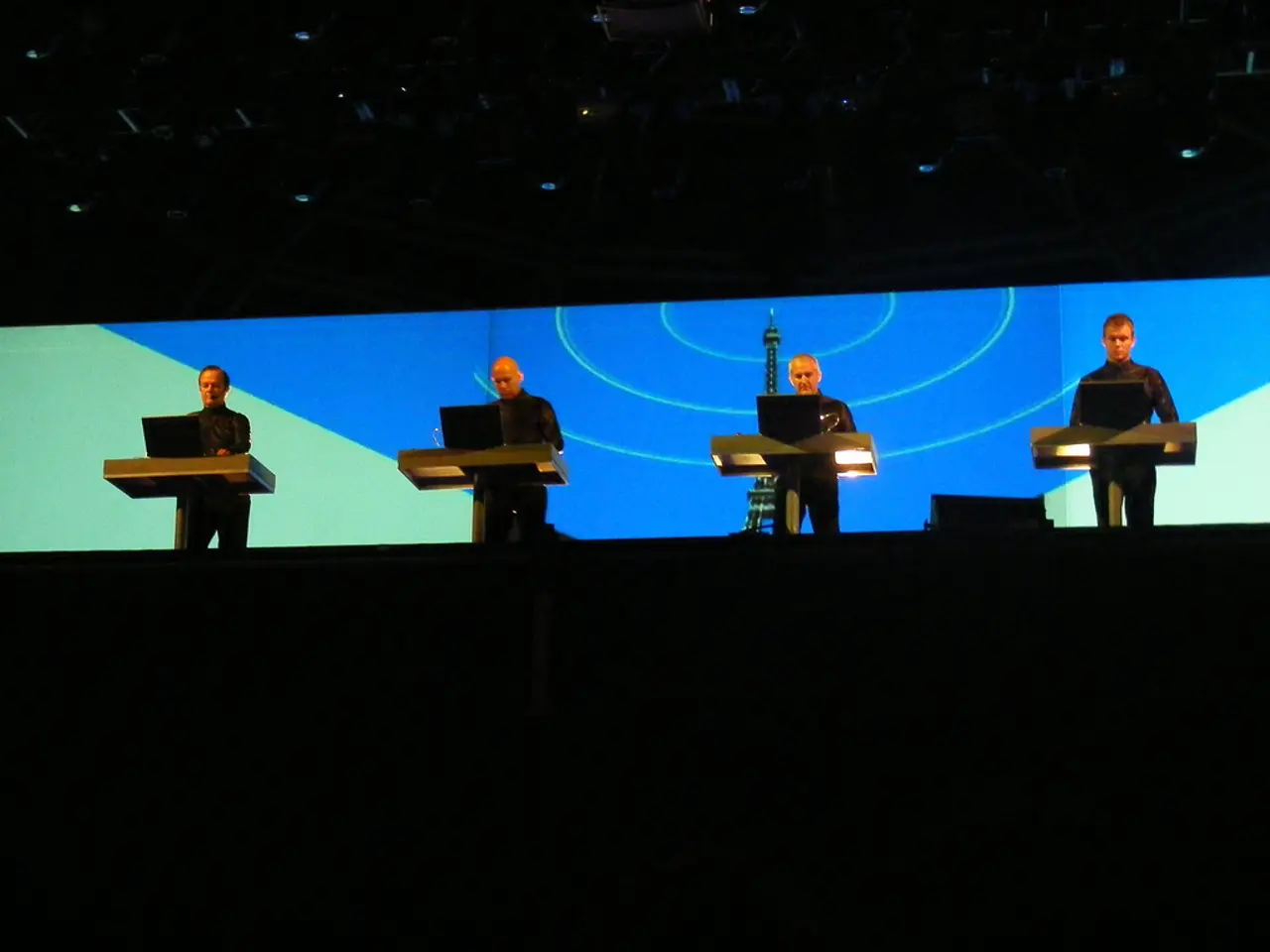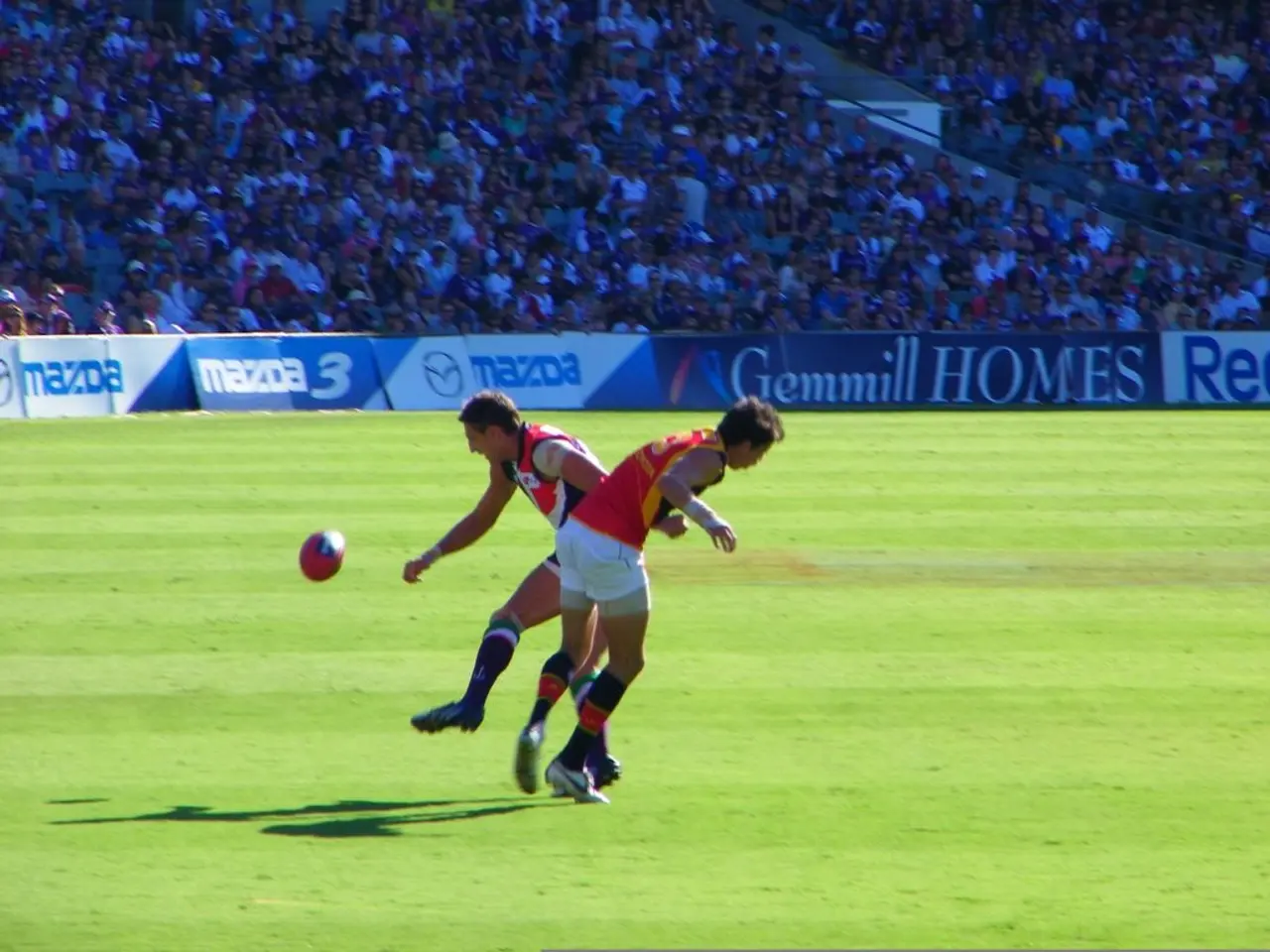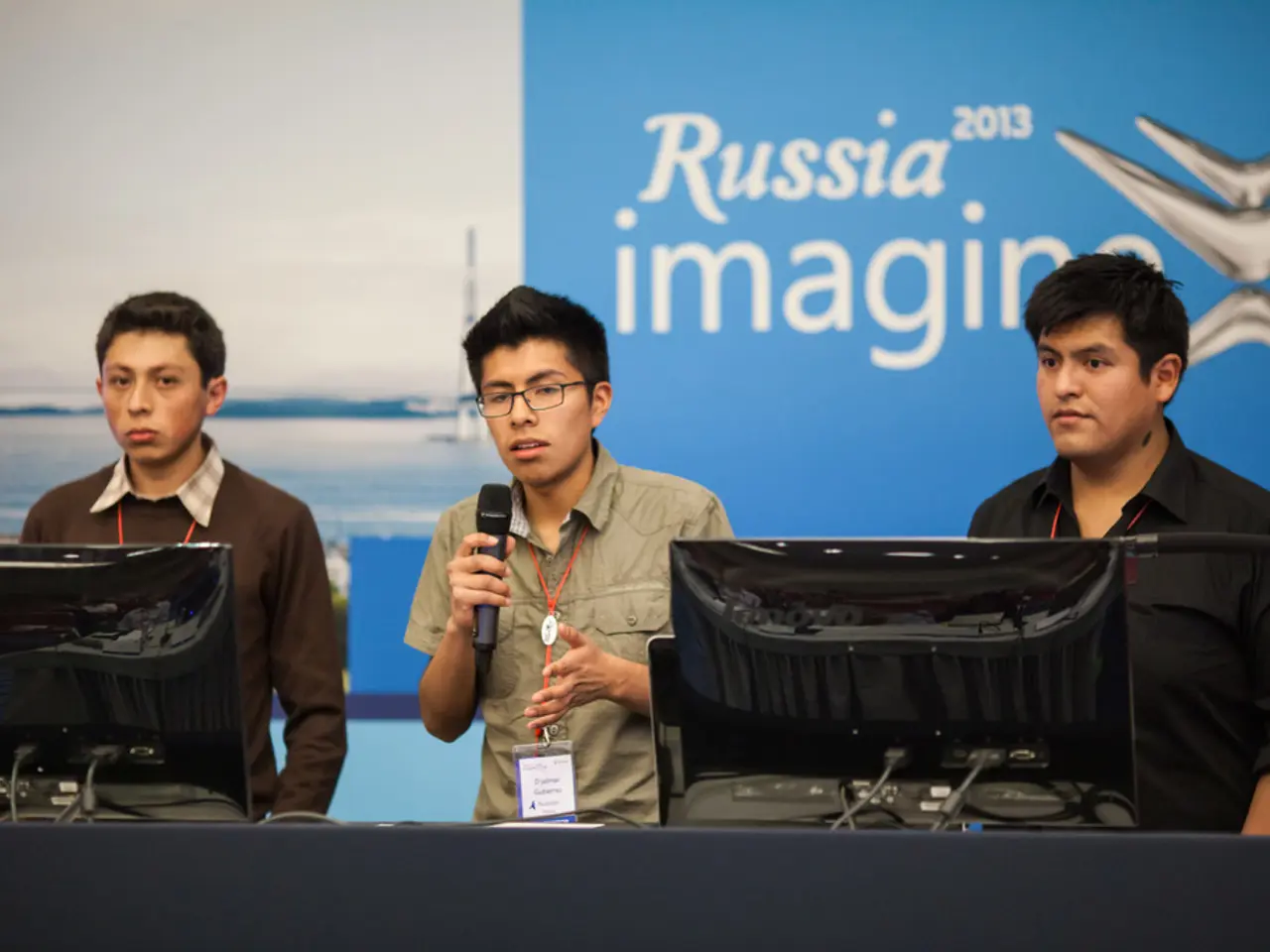The chaotic and engaging season of 'Love Island USA' is causing a comeback of watch parties - with Gen Z eagerly tuning in.
In the world of reality TV, "Love Island USA" has become a standout sensation, particularly among Gen Z viewers. The seventh season of the popular show, a spinoff of a British franchise, is currently streaming on Peacock and has been making waves not just for its islander drama, but for the social gatherings it has inspired.
Watch parties for "Love Island USA" have transformed into communal events, with packed living rooms and TikTok-worthy gatherings resembling sporting events. The shows are marked by a sense of camaraderie, with people screaming, applauding, and even dressing up in themed outfits. These gatherings serve as a shared space for Gen Z viewers to collectively engage with themes that reflect and normalize their own dating practices.
For some, the barrier to entry for "Love Island USA" is lower than that of sports, as it requires less knowledge and is more accessible. The season has ranked as the most-streamed reality show for two weeks in a row, a testament to its popularity. The show's accompanying app boasts over 5 million registered users.
Dahlia Maria, a 27-year-old esthetician based in Orlando, has made "Love Island USA" a nightly ritual with her coupled-up friends. Like many others, she roots for her favourite islanders, with empathy towards Huda Mustafa, the underdog. However, Huda's actions, such as raising her voice at another islander, have caused controversy, making her a polarizing figure online.
The show features singles living in an island villa, with the goal of forming couples and surviving the turmoil of cohabitation. This season, Clarke entered the villa and made a connection with Taylor, leading to drama with fan-favourite Olandria. The July 8th episode brought in more than a million votes in just six minutes, a clear indication of the show's impact.
The social and cultural implications of "Love Island USA" watch parties among Gen Z reflect how this generation perceives and navigates dating and relationships. Season 7 of "Love Island USA" is seen as a "brutally accurate representation" of Gen Z dating culture, which is characterized by ambiguity, fluidity, and a general unfamiliarity with traditional commitment. The reality show mirrors the prevalence of casual, no-strings-attached dating and the normalization of the "talking stage" and "situationships"—concepts that are central to Gen Z's romantic experiences.
These watch parties create a space for discussing and decoding the complex, often ambiguous romantic behaviors typical of their generation. They foster a sense of community and solidarity, especially around concepts like "sisterhood" and friendship that run parallel to romantic relationships on the show. Culturally, these watch parties highlight how Gen Z is reshaping relationship norms by openly acknowledging the fluidity and casualness in love and friendship.
The show and its communal viewing help to reinforce a worldview that embraces emotional openness, vulnerability, and the rejection of traditional romantic ideals, which is central to this generation’s identity. Therefore, "Love Island USA" watch parties are not just entertainment; they are social rituals that reflect and reinforce evolving Gen Z dating and social dynamics.
As the season finale approaches, airing Sunday at 6 p.m. PT / 9 p.m. ET on Peacock, fans are eagerly anticipating the culmination of the islander's romantic journeys. Some fans even use "Love Island USA" watch parties as a way to couple up themselves, reflecting the show's influence on Gen Z's social dynamics.
In Atlanta, Emme Elon, a Talladega College student, attended a watch party at BrewDog on Atlanta's Beltline after seeing clips online. However, the season has not been without controversy. Two contestants, Yulissa Escobar and Cierra Ortega, were removed from the island after old social media posts of them using racial slurs resurfaced. Despite this, the show continues to captivate audiences, providing a unique insight into Gen Z's dating culture and social dynamics.
Watch parties for "Love Island USA" have transformed into social events that reflect Gen Z's dating practices, mirroring the show's portrayal of pop-culture dating norms such as fluidity, ambiguity, and the prevalence of "situationships." These gatherings on social media platforms, resembling sporting events, further underscore the lifestyle of Gen Z viewers who engage collectively with entertainment like "Love Island USA."
"Love Island USA" watch parties serve not only as entertainment but also as a platform for discourse and understanding of Gen Z's relationships and dating culture, thus reinforcing evolving lifestyle trends and social norms in the entertainment and pop-culture realm.








